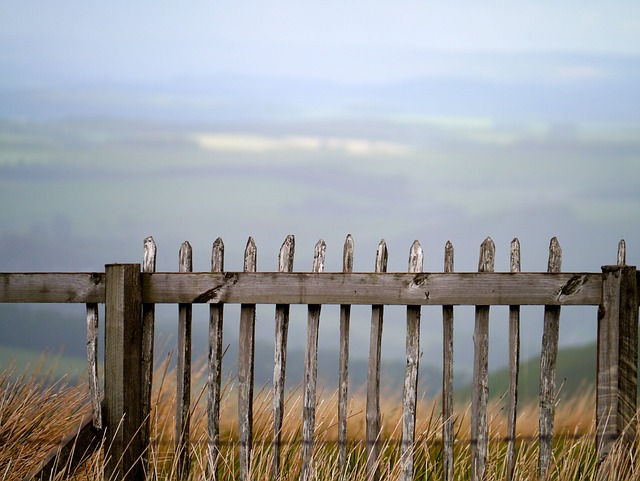“Elevate your outdoor space with a custom fence that reflects your unique style! In this comprehensive guide, we explore the art of designing and installing fences in New Bedford, Massachusetts. From understanding local regulations to selecting materials that suit your taste and climate, we’ve got you covered. Discover endless possibilities—from rustic wood to sleek metal—and learn the step-by-step installation process. Additionally, we provide essential tips for maintaining your new fence, ensuring it thrives in the Massachusetts weather. Get ready to transform your yard into a stunning outdoor oasis.”
- Understanding Custom Fence Design Requirements
- Materials and Styles for Your New Bedford Fence
- Installation Process: Step-by-Step Guide
- Maintaining Your Custom Fence in Massachusetts Climate
Understanding Custom Fence Design Requirements
When considering custom fence design and installation in New Bedford, Massachusetts, understanding your specific requirements is paramount. Each property is unique, with varying landscapes, architectural styles, and personal preferences that influence the desired fence aesthetic and functionality. Factors such as height, material choices (wood, vinyl, iron), privacy levels needed, and local regulations all play a role in the design process.
Consulting with professionals who specialize in custom fence installations is key to transforming your vision into reality. They can guide you through the options available, ensuring the final product not only aligns with your aesthetic goals but also serves its intended purpose, whether it’s providing security, defining property lines, or enhancing curb appeal.
Materials and Styles for Your New Bedford Fence
When it comes to materials, there’s a range of options available for your New Bedford fence. Traditional choices include wood and vinyl, each offering unique aesthetics and maintenance levels. Wood fences exude a natural charm, allowing for custom designs and stains to match your property’s style. They require regular upkeep but can last for decades with proper care. Vinyl fences, on the other hand, are low-maintenance and come in various colors and styles, including traditional picket fences or more modern designs.
In terms of styles, you’re only limited by your imagination. From classic tall fences to decorative options like lattice or trellis work, there’s a style for every taste. Consider your property’s layout and the desired level of privacy. Fences can be designed to showcase your garden or create distinct spaces within your outdoor area, offering both functionality and visual appeal.
Installation Process: Step-by-Step Guide
The installation process for a custom fence begins with a thorough site evaluation to ensure proper measurements and placement. Our expert team will assess your property, considering factors like topography, existing structures, and access points. Once the planning is in place, we clear the area, marking out the precise locations for each fence post.
Next, we dig holes for the posts, ensuring they are deep enough to provide stability. The posts are then carefully set into place, levelled, and secured with concrete. After the concrete sets, we attach the fence panels or rails, using high-quality hardware for a secure fit. Throughout the process, our team ensures precise alignment and makes any adjustments needed for a flawless finish. Finally, we add the finishing touches, such as gates or decorative elements, completing your custom fence design to enhance your New Bedford, Massachusetts property.
Maintaining Your Custom Fence in Massachusetts Climate
In the Massachusetts climate, maintaining your custom fence involves a few key considerations. The harsh winters and varying summers require specific care to ensure longevity. During winter, extreme cold and snow can cause materials like wood to expand and contract, potentially leading to warping or rot if not properly treated. Regular cleaning and sealing of wooden fences is crucial to prevent water damage and keep them looking their best.
For metal fences, corrosion from rain and humidity is a common issue. Using rust-resistant materials and applying a protective coat annually can significantly extend their lifespan. Moreover, it’s essential to check for loose connections and make repairs promptly to maintain the structural integrity of your fence throughout the year.
